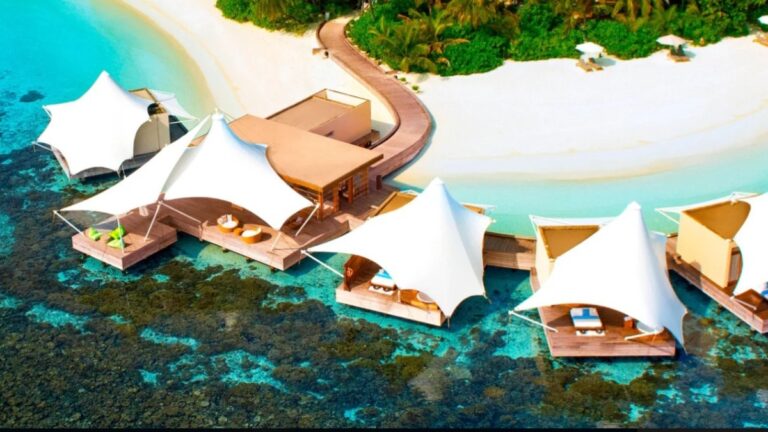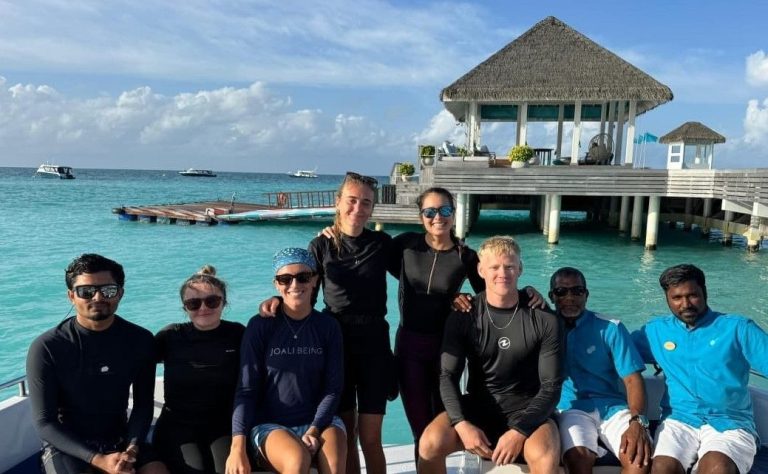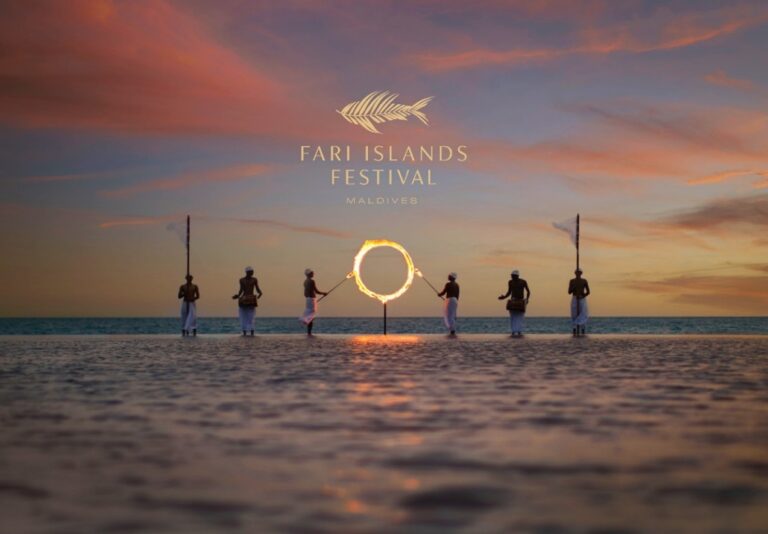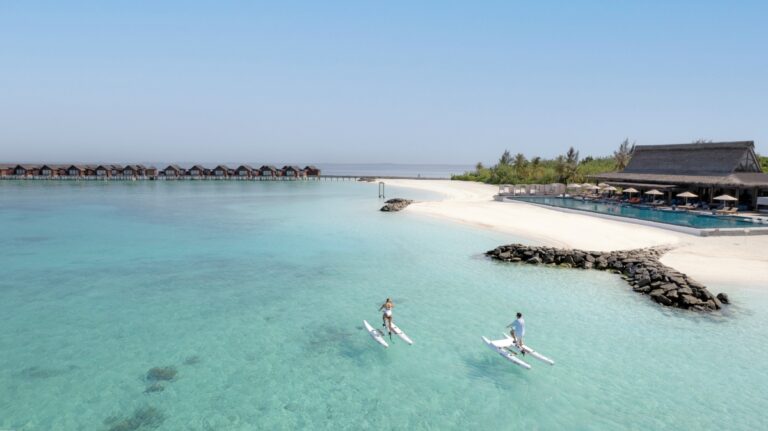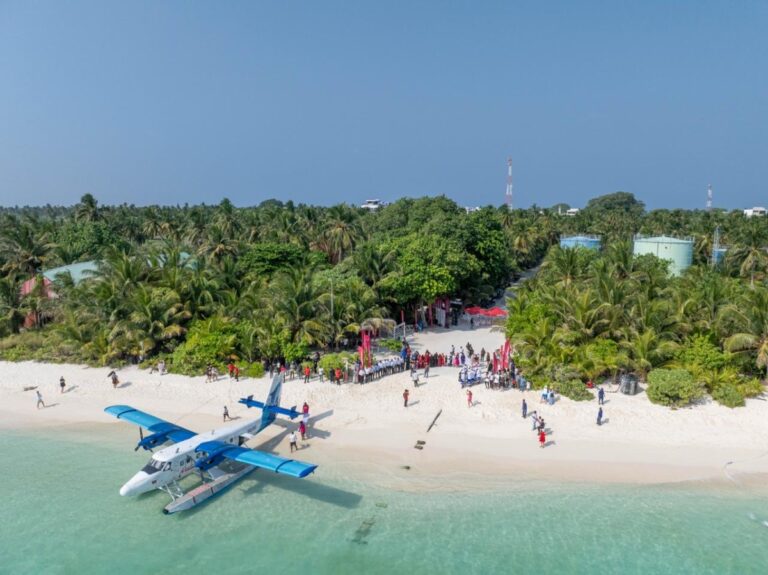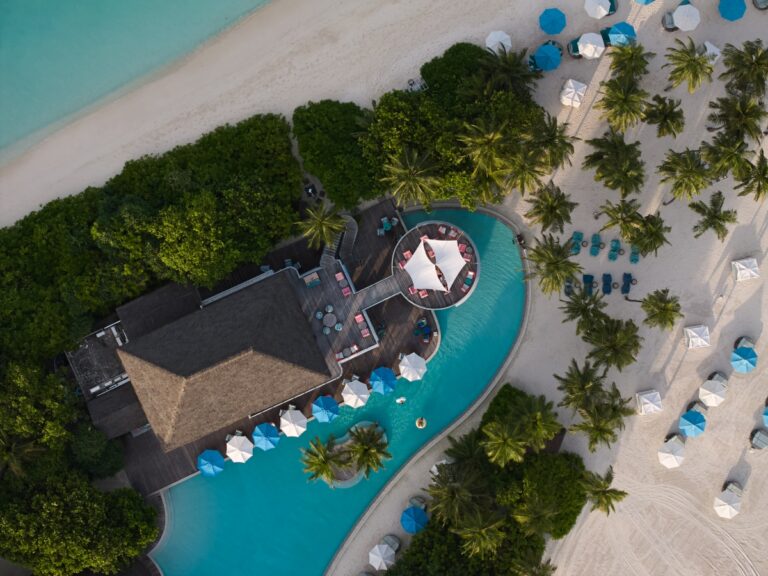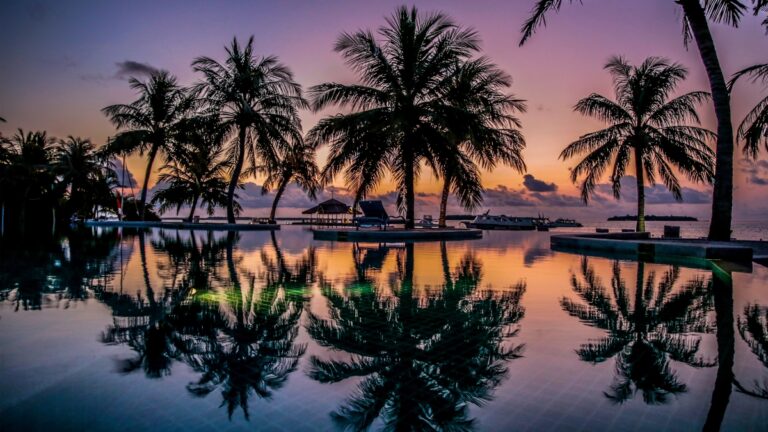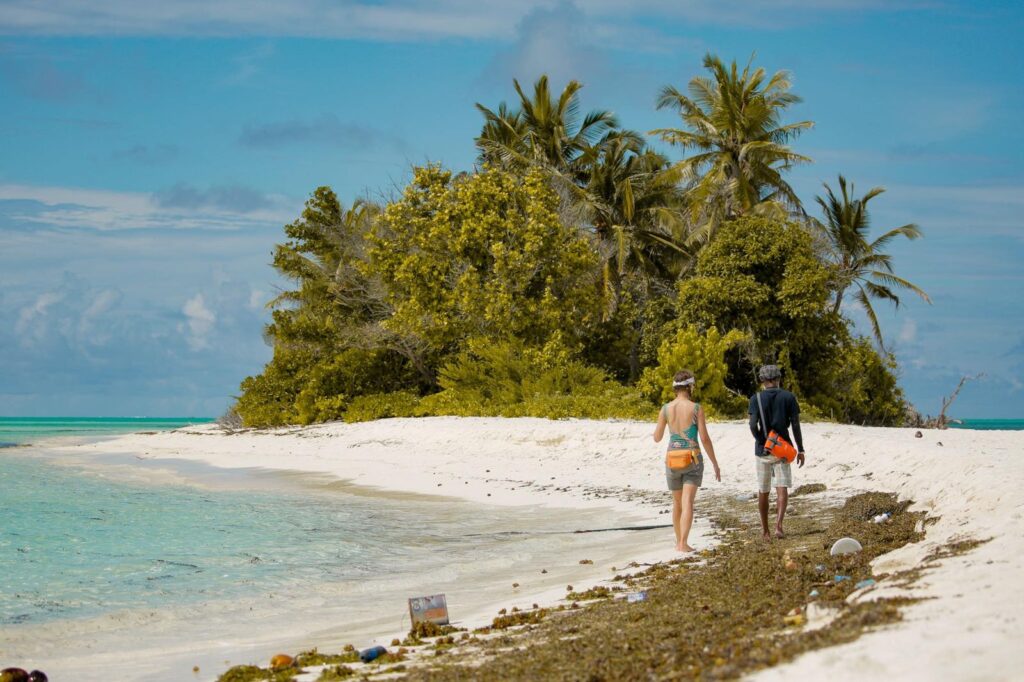
Voices of the Maldives will examine how the ocean impacts the Maldivian economy as well as unveiling a new side of the country to global audiences
You may have heard of the ‘Blue Economy’, a term used to describe the economic activities associated with the oceans and seas. But what exactly does it mean to Maldivians? That’s one of the questions a new docuseries, Voices of the Maldives, is aiming to answer. The collaboration between Maldivian creatives and American producers is currently in production, with a second round of filming scheduled for next year to complete the series before it’s streamed in the Maldives and around the world.
It will cover previously under-represented aspects of the unique Maldivian culture through Maldivian eyes to both a local and a global audience – from art and design to food and agriculture; climate and sustainability; science and technology; and business and economy. The Blue Economy is a recurring theme woven into these topics. With 99 percent of the Maldives’ territory being water, it’s no surprise that the Maldives has one of the highest Blue Economy ratios worldwide – over 36 percent of the GDP.
The Blue Economy consists of three pillars – economic, social, and environmental. When a Blue Economy is thriving and has long-term sustainability, economic growth is balanced with social equity (employment and poverty reduction) and environmental preservation.
The most obvious examples of this in the Maldives, of course, are sustainable pole and line fishing (which gives tens of thousands of Maldivians an income (generally without depleting the oceans of fish stocks, as well as allowing Maldivians to continue an age-old tradition), or responsible tourism associated with snorkeling, diving and the coral reefs (which provides jobs as guides or even the chance to own a watersports/dive center business to everyday Maldivians).
And with the Maldives’ glittering lagoons and pristine white sand beaches being the main attractions for foreigners, tourism directly contributes almost 30 percent of the GDP (a huge percentage of the overall GDP of the Blue Economy). Maldivian manta tourism alone is thought to be worth $8.1 million USD a year, while shark tourism was estimated to contribute $14.4 million USD annually to the local economy of the Maldives in 2016 (a figure that experts say has only increased since then).
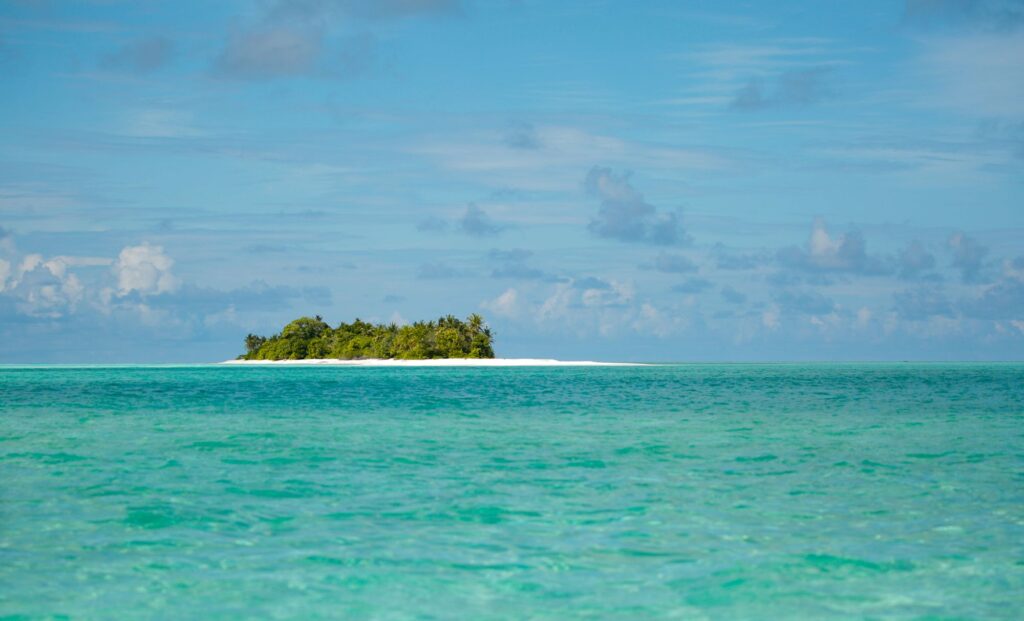
Associate producer of Voices of the Maldives, Fanan Nizam, believes the Blue Economy has been part of the Maldivian history and way of life ever since the first Maldivians arrived in the archipelago and formed their own unique culture and identity. “The blue economy of Maldives began the day the very first settlers arrived on the islands,” she said. “They built from coral, caught food from the sea, and kept diplomacy afloat through maritime trade. The ocean took care of us, and we took care of the ocean”.
However, according to the World Bank, there are three major threats to the Blue Economy: Current economic trends that have been rapidly degrading ocean resources, lack of investment in human capital for employment and development in innovative Blue Economy sectors, and inadequate care for marine resources and ecosystem services of the oceans.
In the Maldives, we are already aware of threats to the Blue Economy from both the inside and outside, such as the use of Fish Aggregating Devices, or foreign vessels engaging in illegal unregulated fishing within our Exclusive Economic Zone. Controversy and loss of support over the shark fishing ban could also mean a loss of tourism revenue on the horizon, although fishermen argue the ban’s existence is cutting into their revenue. There are no easy answers.
“Although we are still at the forefront of the blue economy, this once symbiotic relationship is now unbalanced due to greed, social inequality, and climate change,” adds Fanan.
“Local changemakers hold the innovations and knowledge to bring the symbiosis Maldivians once had with the ocean to fit today’s needs. Voices of the Maldives seeks to amplify their voices, saving the seas of Maldives, and the world.”
Voices of the Maldives will open a dialogue on these issues, through interviews with prominent Maldivians and changemakers including one of the oldest traditional fishermen in the Maldives, a famous Maldivian scuba diver, Ahmed Riyaz Jauharee of the Fisheries Unit at the Marine Research Centre, and many more.
The series is executive produced by Kris Meyer, an Emmy nominee who has worked on many major Hollywood films, and produced by Heather McDougall, a storyteller, lawyer, and entrepreneur with over 15 years of experience in amplifying global sustainability change. They are working in partnership with Slowtape Productions, Maldives, as well as various Maldivian and international partners.
